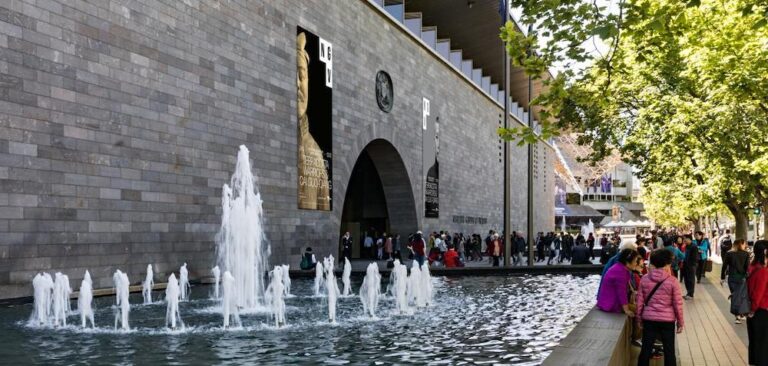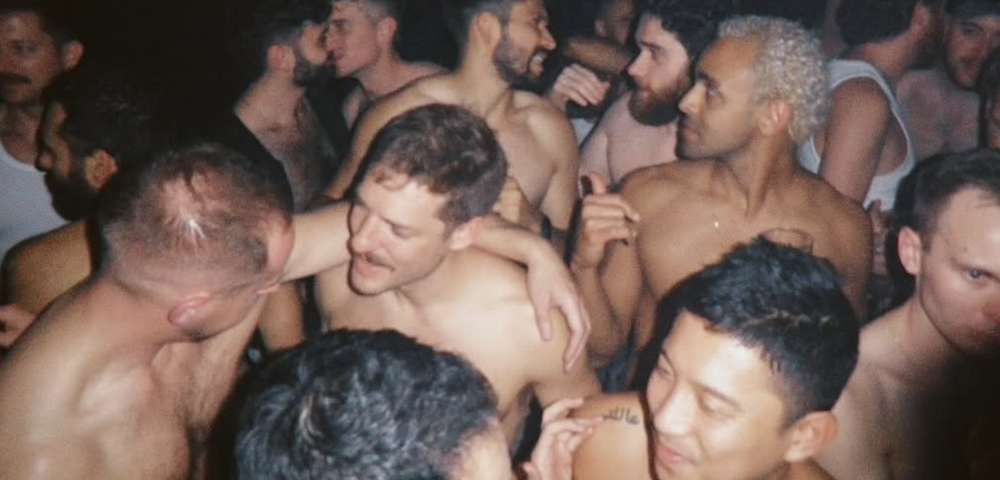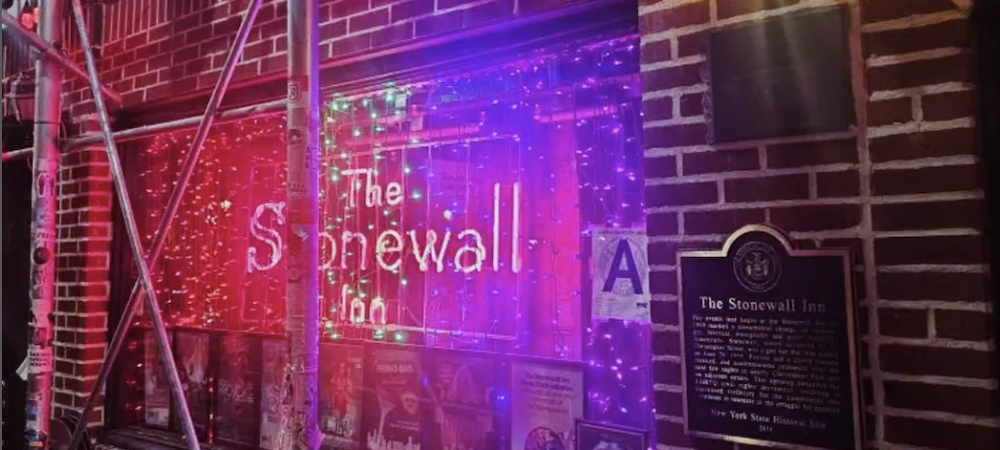
Emily Wells Named Queensland’s Rural Trans Activist Of The Year
“I was surprised and elated when I was nominated and even though I felt I hadn’t been active enough or really achieved anything to deserve being nominated, I did feel proud about my nomination. I still don’t know who nominated me, but I am thankful to the mystery person. So thank you whoever you are,” Queensland Rural Trans Activist Of The Year Emily Wells said.
Each year, the awards recognise the achievements of activists, groups, events and allies in the local trans, gender diverse, non-binary, brotherboy and sistergirl communities.
Since 2016 MGOV (Many Genders, One Voice) has held the awards, with support from the Queensland Council for LGBTI Health. This is held in November during the month where transgender awareness is brought into the limelight. There are awards for Transgender Activist/Advocate, Non-Binary Activist/Advocate, Young Trans Person, Trans Group, Event Of The Year, Ally Of The Year, Medical/Health Professional, Service Provider, and last but not least Rural Trans Activist/Advocate.
On Sunday November 15, Mt Isa resident Emily Wells was given her award.
Miss Wells is not new to the community and has been on her journey for a while now. Since the age of seven she has identified as a woman, starting her long and tedious journey early on where she had to hide herself from people, hiding her true identity because of bullying. Growing up, Wells had little to no access to technology, internet or libraries, which left her feeling very secluded in a rural location which was or sometimes is even still seen as a ‘man’s’ place.
School was no easier for her either. She hated being in the boy’s line, playing boy games, wearing boy clothes, and just about anything else to do with boys stuff. All the kids (boys and girls) worked out that she was different, seeing her being rejected from both groups. Seen as an easy target she was bullied daily and found herself very much alone.
Star Observer spoke with Miss Wells and she said “ It was as a child that I also learnt to hide items, mostly clothing. But I had a doll, a few bits of jewellery and other stuff hidden. I would be me and wear my clothes while playing with my doll to ease my sadness at being a boy and when everything was becoming too much. Besides life being a living hell at school, my body always caused me great concern. I used to always try to get the shape of my groin right and learnt to tape things in place at a young age. One time after seeing Dad use epoxy glue to stick a couple of broken parts together, I decided this was just what I needed to get everything right once and for all. Well that glue burnt and burnt badly; the pain was excruciating. With chemical burns to my groin, I had to put up with the pain from the injury for weeks as I could not tell anyone of my misadventure.”
Moving on to when she wanted to have access to health care to be able to live her authentic self, this was not an easy task either.
“I was first formally diagnosed with what was then referred to as Gender Identity Disorder in 1983, but I wasn’t deemed a suitable candidate for transitioning. Fast forward a number of years and here I am, still transitioning, but living authentically as myself. The hardest part of being transgender and living rurally is access to trans affirmative medical care. There is some mental health and medical support available but what is available is not of a high quality and sometimes the quality of care is missing entirely.”
From all these experiences being a trans person in a rural location, inspired her to be a better person for the trans community and to help others.
“With COVID around what I could do was very limited, and a lot of plans were put on hold. I think my visibility, my willingness to share my experiences as a trans woman, educate people and assist others looking for help, along with my volunteering with PRISMA, a local LGBTQI support group, was perhaps the main reasons for my nomination. And what of the future, well we have our little social group here and I would like to help other trans non-binary people get something similar started where they live, as this can help ease the feeling of isolation. I guess what I would most like to do is use this award to promote the challenges facing trans and gender diverse people living in rural and regional Australia. I know this is going to include educating other people and groups about trans awareness, but other than that I don’t have a clear picture yet of how I can achieve this goal. But one thing I’m certain about is that I want to do this award justice and not waste such a golden opportunity to raise awareness of the issues facing transgender and gender diverse people living in the bush.”









